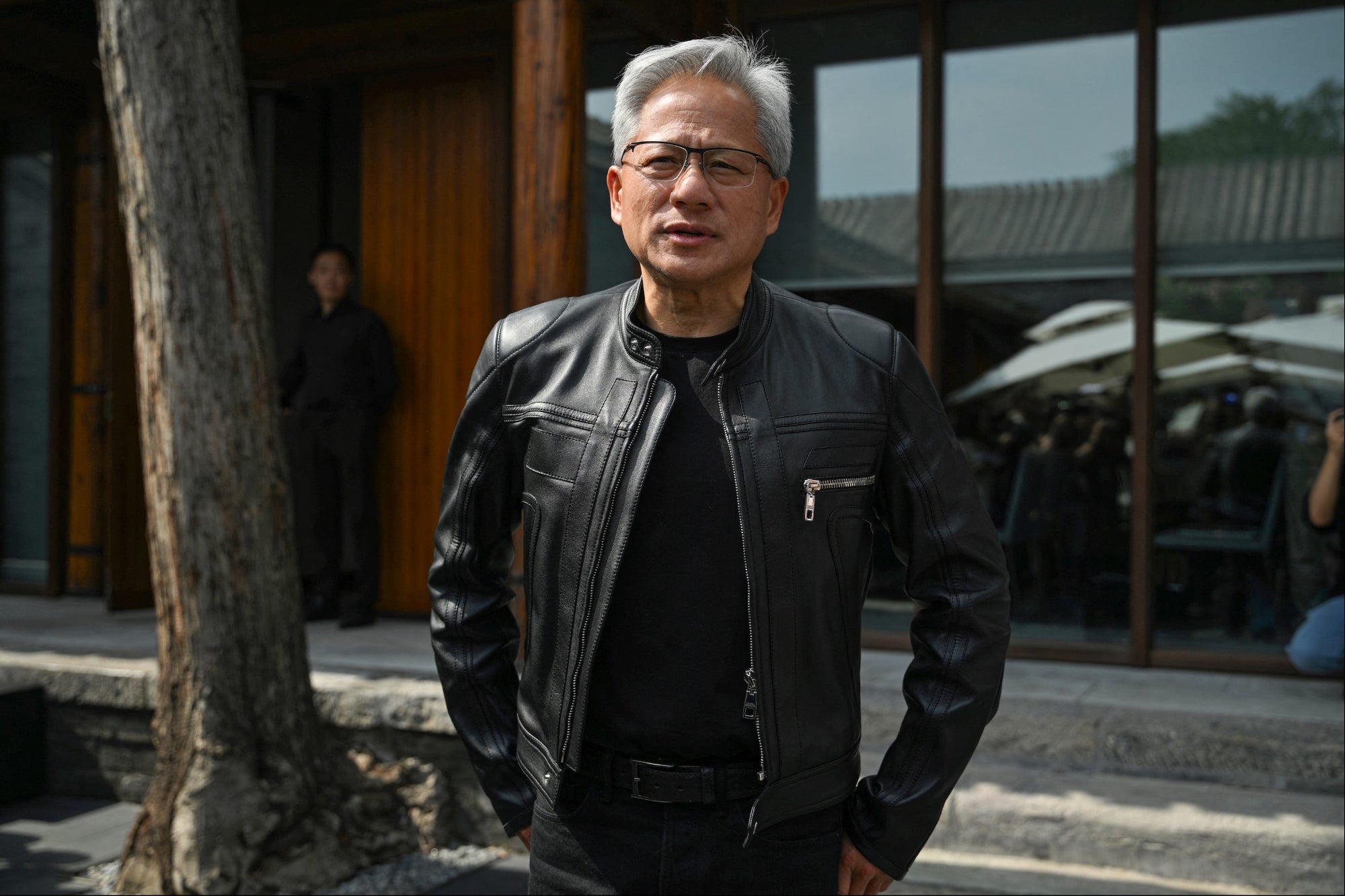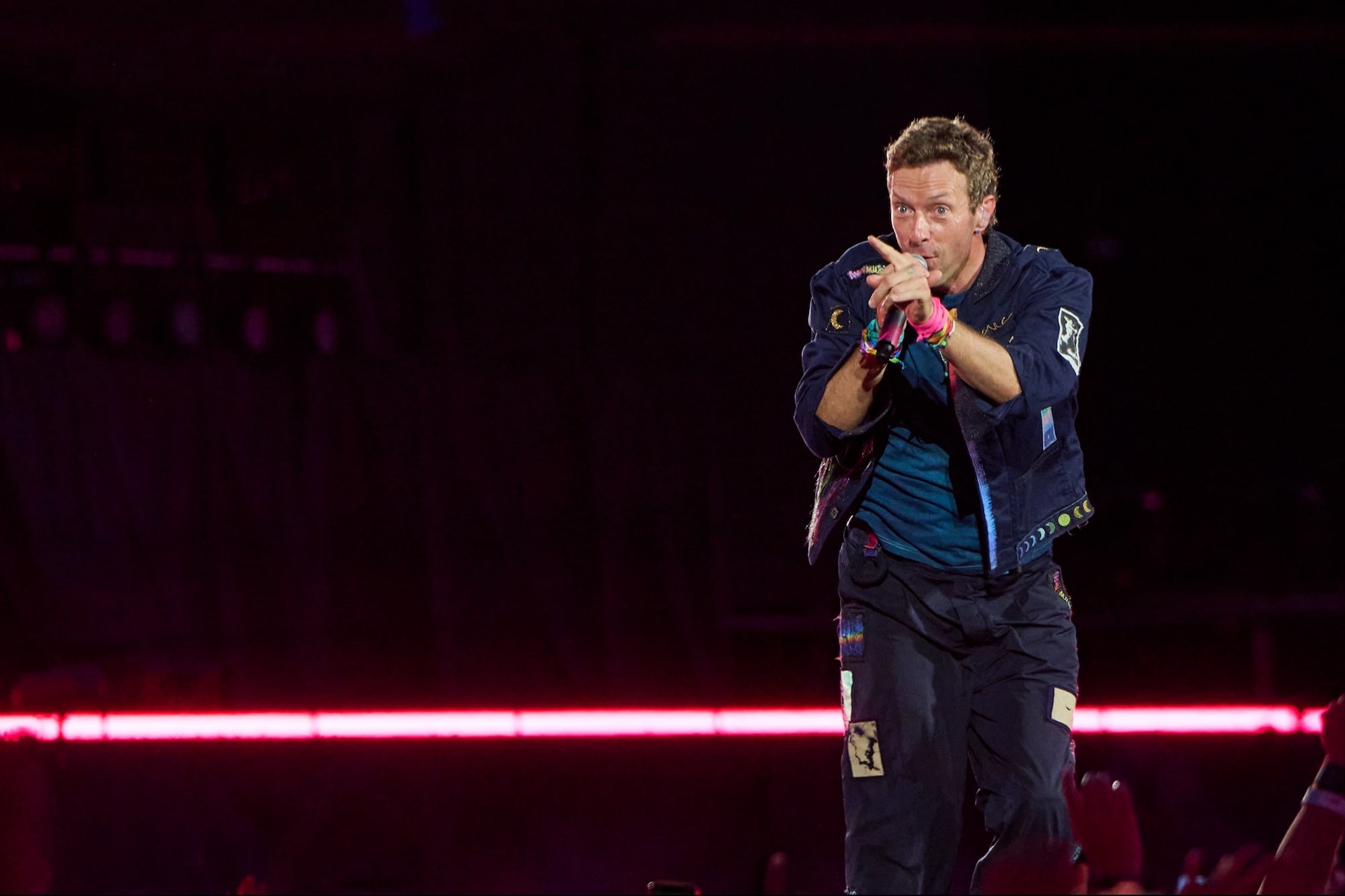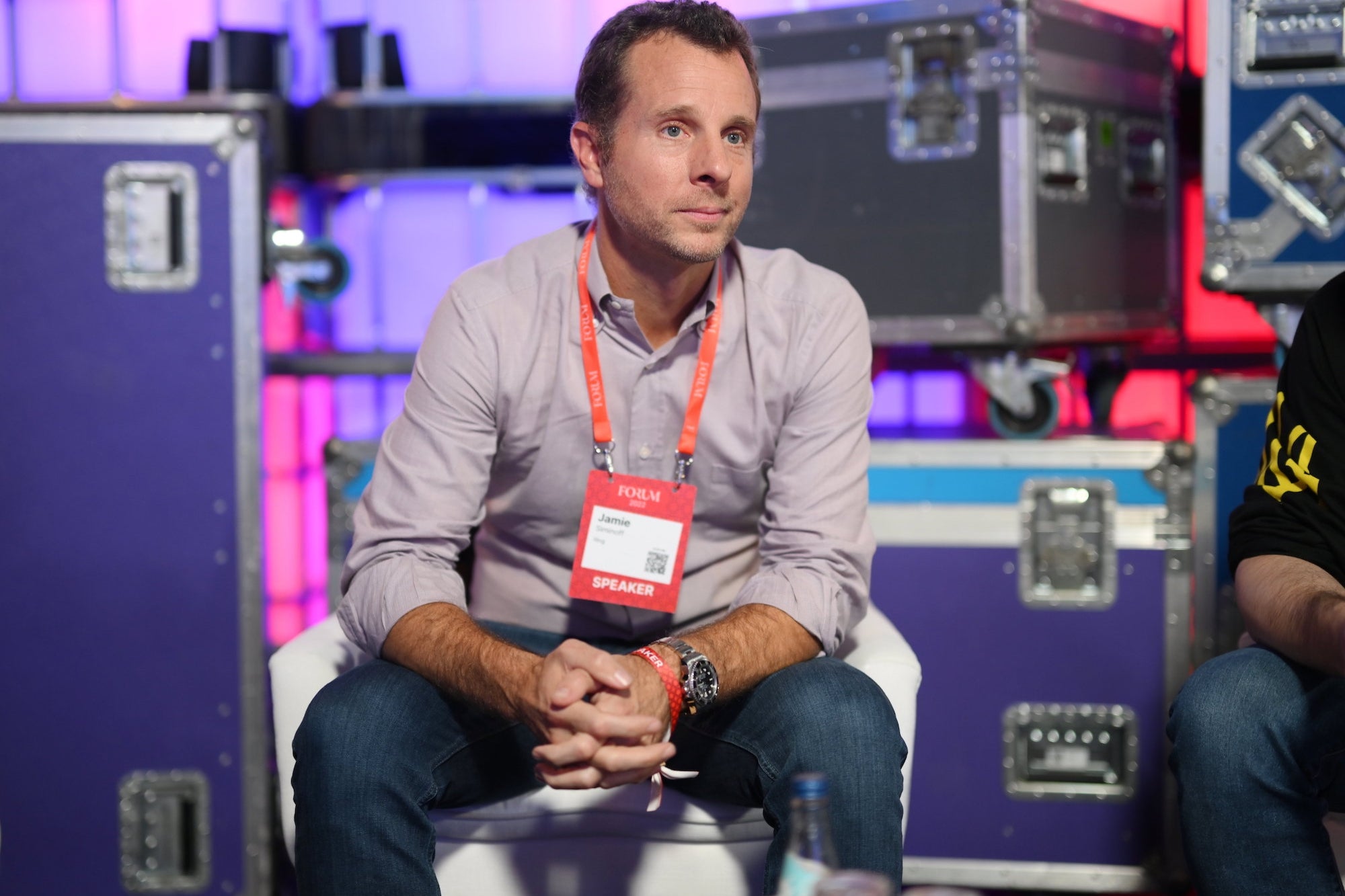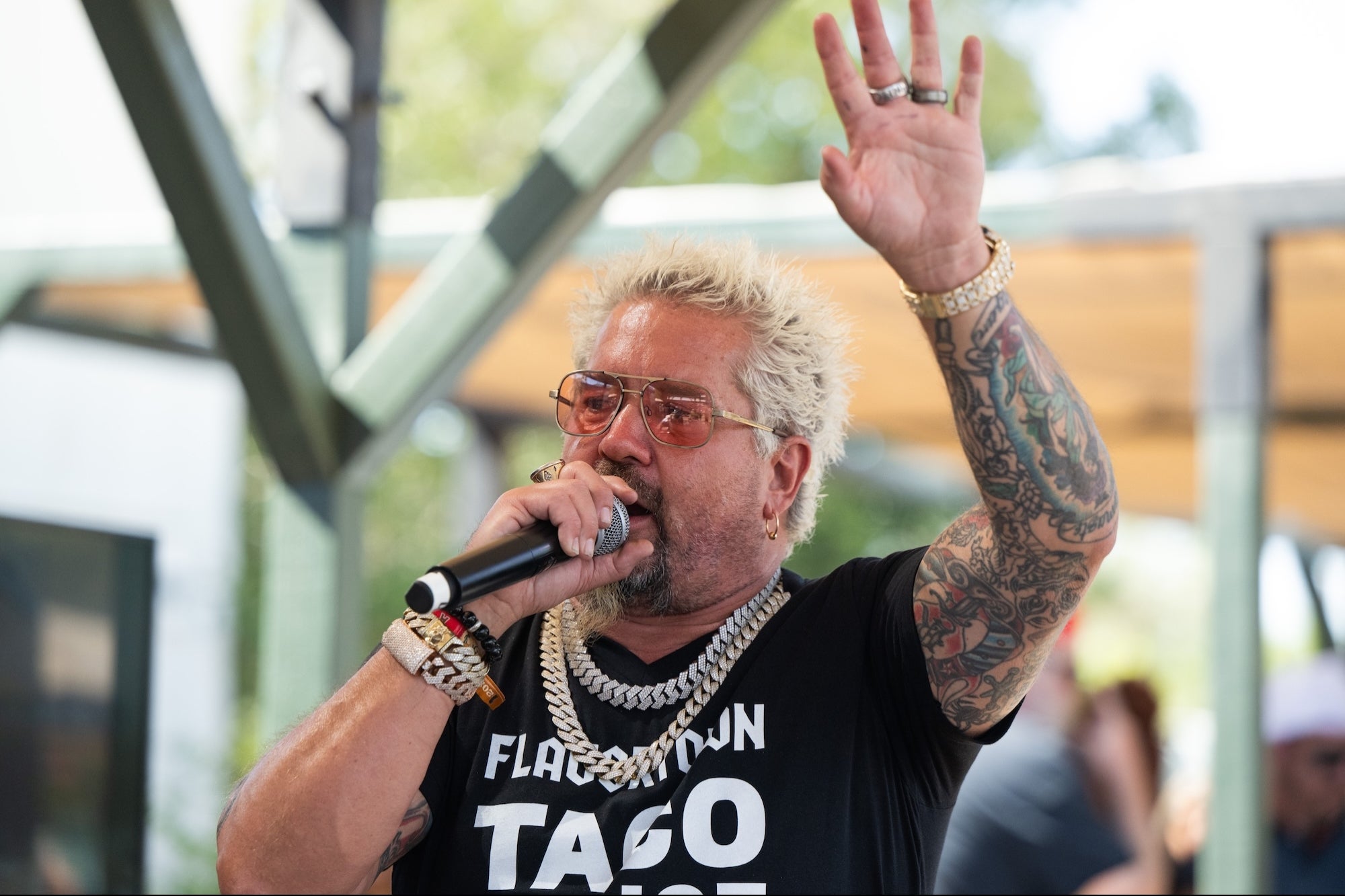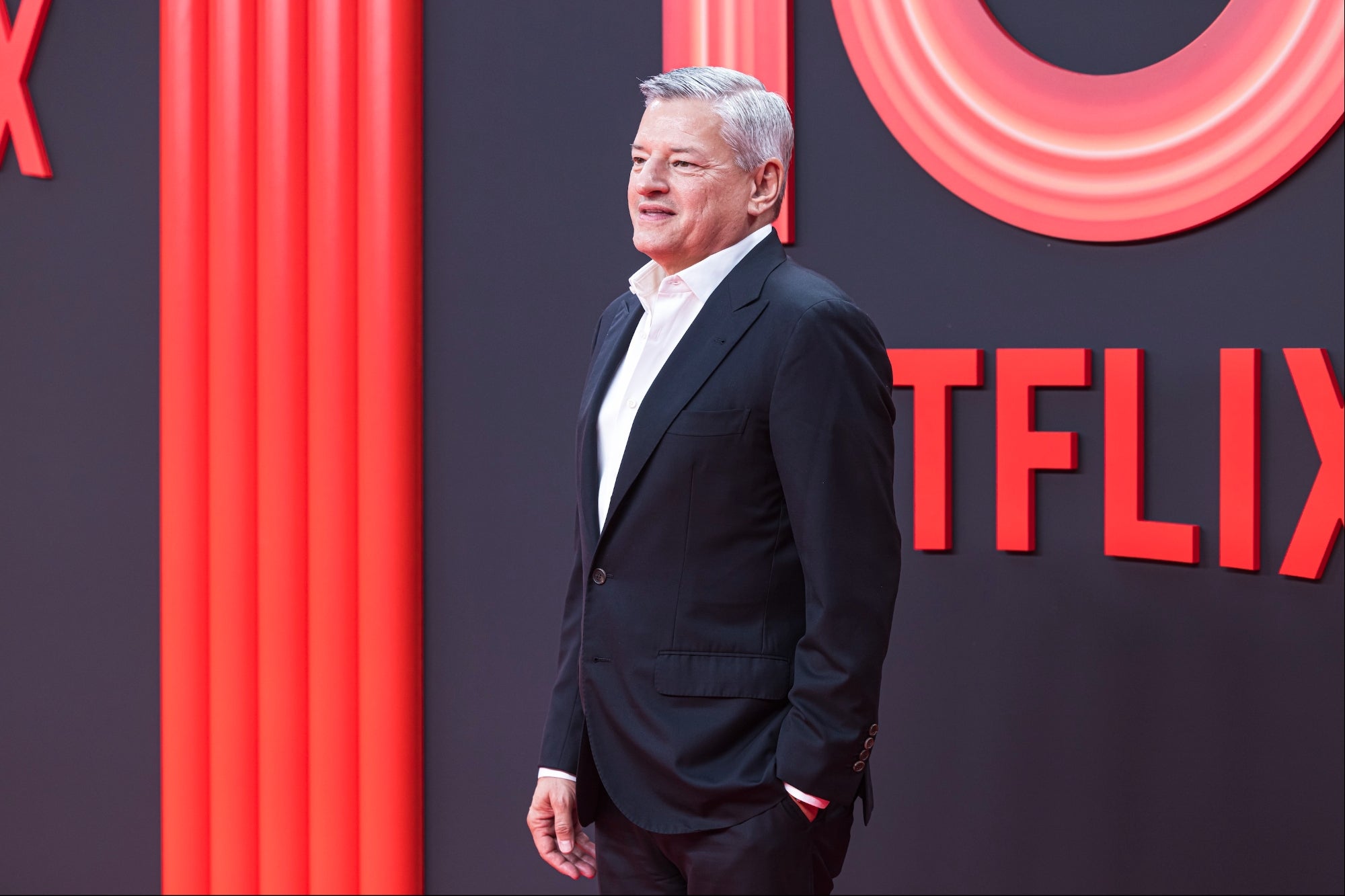What does bravery really mean for businesses today? As WPP's Mark Read steps down amid a storm of reinvention, client losses and unmet expectations, the question confronting leaders is sharper than ever; in a landscape this turbulent, is boldness the risk, or the requirement?
By Bronwen Westrip Edited by Patricia Cullen
Opinions expressed by Entrepreneur contributors are their own.
You're reading Entrepreneur United Kingdom, an international franchise of Entrepreneur Media.
Tariffs have thrown a volatility bomb into the status quo, fiscal pressures have never been tighter, and consumers are slowly but undeniably shifting their preferences and behaviours. Now, more than ever, brands are having to work harder and smarter to engage their consumers. Under these conditions, the path to relevance isn't linear, and certainly not safe.
So, be brave or tread carefully?
Bravery is the flag behind which most businesses and their creative agencies will rally, charging over new ground with passion and conviction. Yes, it can be incredibly rewarding when successful, some of the best work in the advertising industry has never been safe. In volatile markets, bravery is often what breaks through. It creates cultural relevance, drives innovation and pushes businesses ahead.
But (and predictably I'm going to side-eye Jaguar here) it can also backfire horrendously. Firing their agency whilst initially claiming it was all created 'inhouse' betrays a lack of a strategic approach or conviction, demonstrating the danger of being seduced by radical rather than intelligent thinking. Yet caution, too, carries its own danger. The absence of bold thinking, of innovation aligned with insight, can lead to stagnation. Jaguar, pre-rebrand, spent years slowly bleeding relevance as competitors moved ahead.
Success lies in intelligent bravery. Not bravery for bravery's sake
Bravery without insight, intuition and intention is just bravado. Instead, success requires a deep dive into firstly understanding what makes a business truly distinctive (and this isn't always what is assumed), truly desirable (beyond price) and the cultural landscape in which it exists. Many businesses cling to assets they believe to be iconic, only to discover through consumer research that those assets don't land at all. Sometimes, it's the overlooked and unexpected that holds the true connection with consumers. Case in point: a long time ago Magnum believed the 'M' and identity to be the strongest asset, but research revealed the true distinctiveness was the crunch of the comparatively thick chocolate coating. That insight shifted Magnum's communications and innovation strategy and to this day remains a defining and differentiation feature for a brand that's become a global icon in its category.
Sometimes the brave thing to do is stay still
Brand assets aren't sacred. Some must evolve or even re-invent to re-engage... but sometimes they are more powerful than they appear, quietly driving recognition and recall from the brand's periphery. Knowing when to push forward and when to hold fast, celebrating and amplifying what already works, is a form of bravery in itself. Interrogating brand assets with honesty is how bravery becomes effective.
Depth over assumption
Going deep into the cultural landscape to truly understand your current and future consumer is key to delivering desirability. Context is crucial but the bear traps here are short term trend-chasing versus long term brand building. Spanish luxury fashion house Loewe didn't build cult status in a season. It has done so through keeping a red thread of consistency through decades, giving consumers a clear vision of what values it represents beyond the product in hand. Luxury brands know better than anyone how to build desirability in the long term. It takes dedication to a deep positioning and assets with agility to respond tactically. The lessons from Jaguar, Magnum and Loewe are clear: standing still risks catastrophic irrelevance. The risk worth taking is one that builds trust, elevates the business and strengthens its position over time.
The path forward
And finally, no conversation about creativity and business is complete without touching on AI. It's galloping efficiencies are changing the agency landscape forever and with Mark Zuckerburg's recent claim that all marketing will be possible through META at the touch of a button, the race to efficiency opportunities and the fear of being left behind is palpably vibrating through every part of our industry. I am not alone in arguing that AI is yes, efficient, and yes, very clever these days. But...its algorithms are not (yet) capable of insight-driven bravery; they are built on delivery that fits in, not stands out. And at a time when execution is cheap and consumers crave true connection more than ever, what will future proof a business isn't category regurgitation. Rather, it's still that intangible and unpredictable something that comes from a brain and a heart combined: intelligent bravery.

